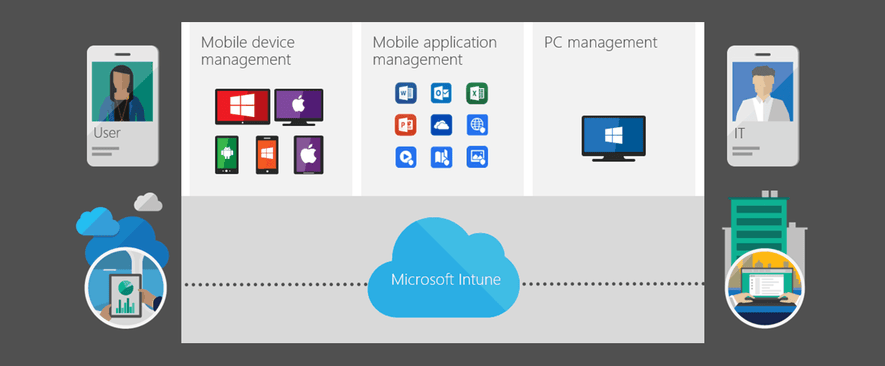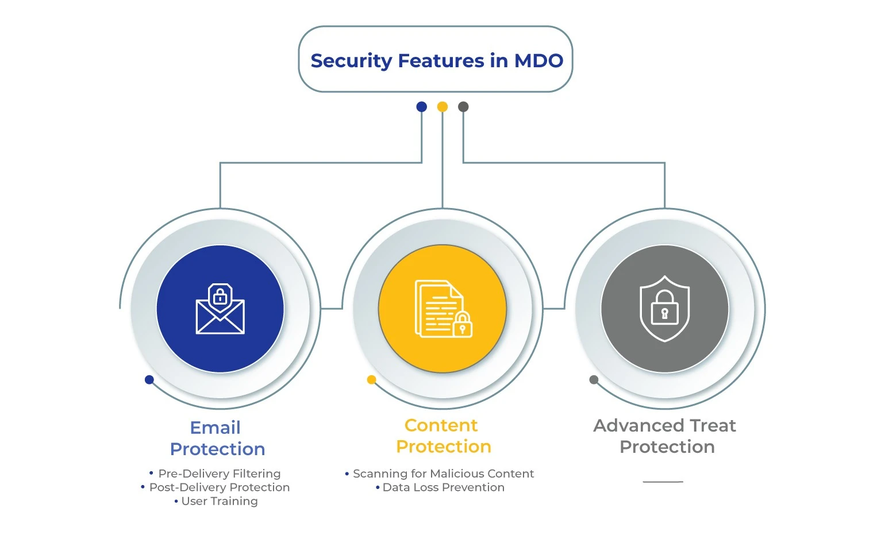
Absolutely! Let’s delve deeper into the comprehensive benefits and features of setting up a Microsoft 365 (M365) tenant for small and medium-sized businesses (SMBs). A well-structured tenant not only enhances productivity but also fortifies security, ensures compliance, and positions your organisation for future growth.
🧩 The Importance of a Properly Configured M365 Tenant for SMBs
Establishing a dedicated Microsoft 365 (M365) tenant is foundational for SMBs aiming to leverage cloud technologies securely and efficiently. This setup provides:
-
Centralised Management: Streamline user, device, and application management from a unified admin centre.
-
Scalability: Easily add or remove users and services as your business evolves.
-
Data Residency: Choose your data’s storage location to comply with regional regulations.
-
Integration: Seamlessly connect with other Microsoft and third-party applications.
🔐 1. Identity & Access Management
Microsoft Entra ID serves as the backbone for identity management, offering:
-
Single Sign-On (SSO): Access multiple applications with one set of credentials.
-
Multi-Factor Authentication (MFA): Enhance security by requiring additional verification methods.
-
Conditional Access Policies: Grant or block access based on user location, device compliance, and risk levels.
-
Role-Based Access Control (RBAC): Assign permissions based on user roles to minimise security risks.
These features collectively bolster security and ensure that only authorised users access sensitive resources.
🛡️ 2. Device & Endpoint Security
With Microsoft Intune, SMBs can:
-
Mobile Device Management (MDM): Enforce security policies on smartphones and tablets.
-
Mobile Application Management (MAM): Control how apps are used and shared on devices.
-
Windows Autopilot: Automate device provisioning and configuration.
-
Windows Autopatch: Ensure devices receive timely updates and patches.

These tools help maintain a secure and compliant device ecosystem, reducing vulnerabilities.
📊 3. Monitoring, Reporting & Compliance
M365 offers robust tools for oversight:
-
Microsoft Purview: Manage data governance, retention policies, and compliance solutions.
-
Microsoft Defender for Business: Protect against cyber threats with advanced security features.
-
Audit Logs & Activity Reports: Monitor user activities and system changes for compliance and troubleshooting.
These capabilities ensure that SMBs can meet regulatory requirements and swiftly address potential security incidents.
🔄 4. Future-Proofing Your Business
A well-configured M365 tenant:
-
Supports Growth: Easily scale services and licenses as your business expands.
-
Integrates with Emerging Technologies: Leverage AI, automation, and other innovations seamlessly.
-
Enhances Collaboration: Utilize tools like Microsoft Teams, SharePoint, and OneDrive for efficient teamwork.
By investing in a robust tenant setup, SMBs position themselves to adapt to future technological advancements and market demands.
✅ 5. Licensing & Cost Management
M365 offers various plans tailored for SMBs:
-
Business Basic: Ideal for organizations requiring essential cloud services.
-
Business Standard: Adds desktop applications and enhanced collaboration tools.
-
Business Premium: Includes advanced security features and device management capabilities.
Selecting the appropriate plan ensures that SMBs get the best value while meeting their specific needs.
🧠 Conclusion
Setting up a Microsoft 365 tenant is more than just a technical task; it’s a strategic move that empowers SMBs to:
-
Enhance Security: Protect sensitive data and resources.
-
Boost Productivity: Provide employees with the tools they need to succeed.
-
Ensure Compliance: Meet industry regulations and standards.
-
Prepare for Growth: Adapt to changing business landscapes with agility.
By leveraging the full spectrum of M365 features, SMBs can create a resilient and dynamic IT environment that drives business success.


Add comment
Comments